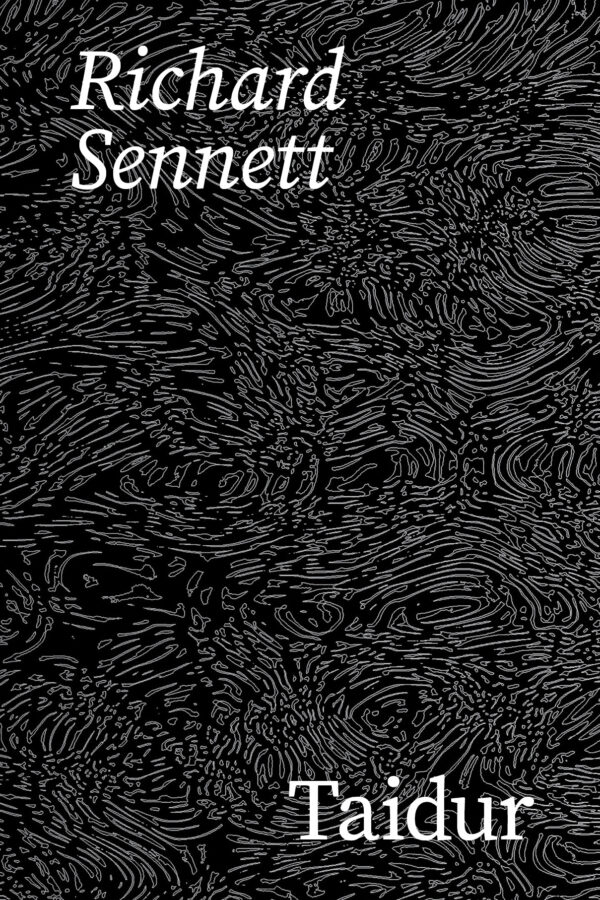
In “Craftsman”, Richard Sennett observes how craft is one of the most fundamental basic human impulses – not just the desire to make something, but to do it well. The history of the relationship between man and material is long and multifaceted. The programmer, the doctor, the artist, and the builder all have to successfully interact with the physical environment around them and develop a complex repertoire of appropriate procedures. At the same time, most of this knowledge process works by default: “If a person had to think about every last movement he makes when he gets up, it would take him an hour to get out of bed,” Sennett states. Doing something instinctively often means a behavior that has become so routine that we simply don’t have to think about it. At higher levels of skill, there is a constant interplay between tacit knowledge and self-awareness, which is realized as work quality.
Exploring the forms of ingenuity, Sennett moves through time and space, from ancient Roman brickmakers through Renaissance goldsmiths and Enlightenment printers to contemporary designers, doctors, musicians and chefs who share the same experience. Sennett’s book expands the understanding of craft and craftsmanship and sheds light on new kinds of relationships between us and those around us.
Richard Sennett (b. 1943) is an American social scientist with broad interests, who is mainly focused on issues of social cohesion in today’s urban living environment. He is a senior fellow at Columbia University’s Center for Capitalism and Society. His other books: “Flesh and Stone: The Body And The City In Western Civilization” (1994), “The Corrosion of Character, The Personal Consequences Of Work In the New Capitalism” (1998), “Together: The Rituals, Pleasures, and Politics of Cooperation (2012) and “Building and Dwelling: Ethics for the City (2018).
Translated by Triinu Pakk
Edited by Sirje Nilbe
Design: Studio Studio
Afterword: Andrus Laansalu
416 pages, in Estonian
Estonian Academy of Arts Press, 2021
ISBN 978-9916-619-41-4
